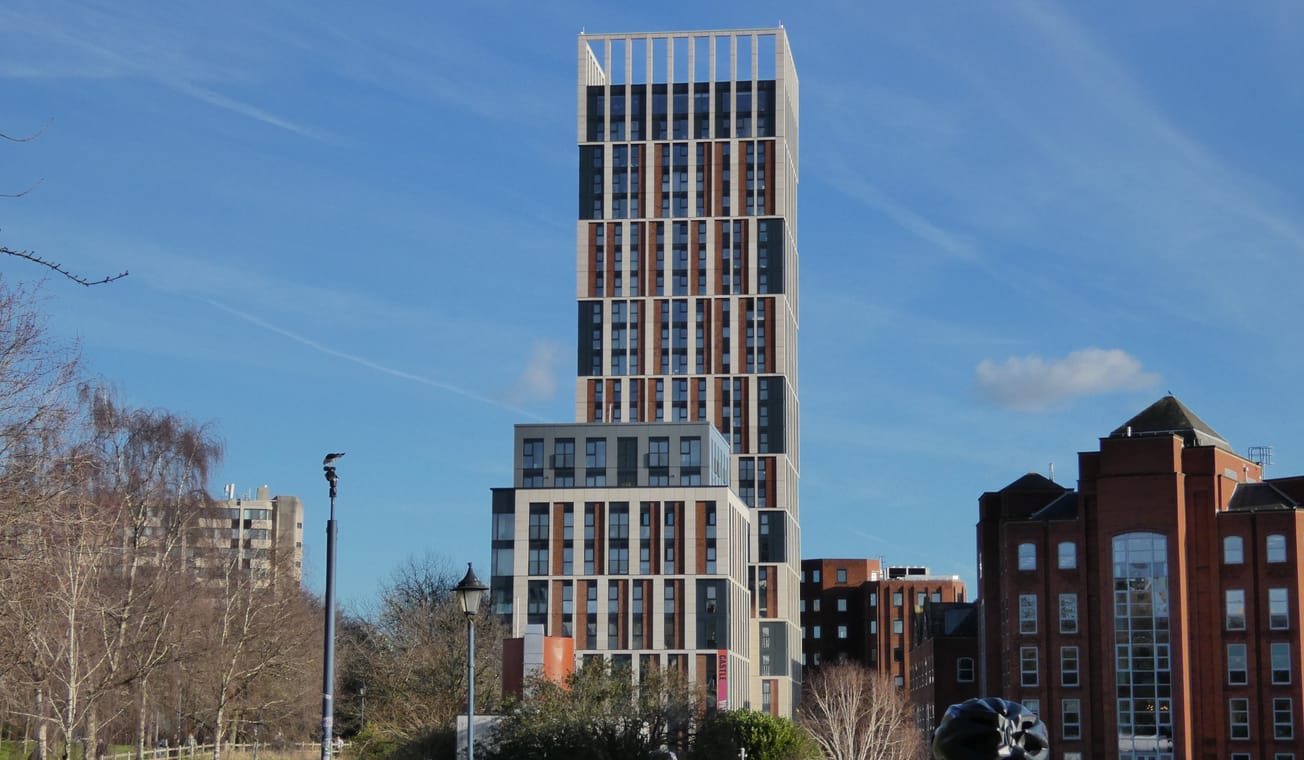By Alice Lang, Second Year Philosophy
After a first term that saw a complete turn to remote learning, and a deafening increase in the number of students who claim their mental health to have worsened, a motion to form an official Peer Support Scheme was victorious at this term’s Student Council’s Annual Members Meeting on 2 March.
‘Our mission is to change the way we think about mental health by mental fitness,’ explained George Cole, seconder to the motion and co-founder of PROJECT:TALK. PROJECT:TALK is just one of the many student peer-support projects that will be taking part in this newly created panel.

Two days before the motion got the green light, I spoke to Cole, Fergus Ustianowski, the motion’s proposer and co-founder of ‘Talk Club’, and Olivier Levy, Chair of the SU Wellbeing Network, about why a centralisation of student mental health support groups is so overdue and the importance mental fitness even between moments of deeper crisis.
The aim of the motion is to form a centralised panel, an official annex to the Wellbeing Network made up of representatives from an army of student-led mental health support groups, including ‘PROJECT:TALK Bristol’, ‘Talk Club’, and ‘Bristol Nightline’, just to name a few. With this new system in place, those seeking support will have a clear place of contact, and from there can be pointed in the most suitable direction.
These various groups have already been providing peer-focused, conversational therapy for anyone that may need it, giving support through one-on-one phone calls, talking groups, and even walking groups and yoga sessions, levelling mental fitness with that which we nurture our bodies. The recent AMM motion will bring in publicity and a systematised support network, meaning more students can be reached, with much more ease and less formality.
The aim of the motion is to form a centralised panel, an official annex to the Wellbeing Network made up of representatives from an army of student-led mental health support groups
‘There's so much great stuff going on at the University and among students to support other students,’ Cole added, ‘but the approach so far has been quite fragmented, and as a student in need it can be quite hard to find where to get that support with so much on offer’. Enabling student volunteers to lend their ears to one another when they may not need professional help, but could benefit from having an impersonal source of advice, is rife throughout the student community. It is finally receiving the platform it deserved.
Levy added, ‘What the motion is for is to make sure students know [these peer support groups] exist, and that they can access readily-available, accessible help from student-led peer-support schemes which are probably a lot less daunting than accessing university counselling is.’
On a similar vein, Ustianowski noted: ‘There are a lot of students where counselling is not for them, they’re just looking for someone to talk to, and that’s where we come in, as a sort of steppingstone.’
But this is just the tip of the iceberg – this motion further pushes for the normalisation of active engagement in bettering our minds, bringing those conversations into our social settings, to partner open and honest exchanges between friends and teammates with the over-abstracted conundrum that is mental health and vulnerability.
Cole spoke warmly about the ‘PROJECT:TALK’, a community interest company and society formed by a group of students, including the motion’s initiator Sam Fearon, providing free peer support and events building on this mindset. Having already clocked over 60 hours of calls over the past few months, their aim is to operate as a foundational provider of advice and mental fitness training, for students to learn and implement healthy practices through the collaboration and support of others.
They are just one of the support networks created by Bristol students following this doctrine, which the Peer-Support Scheme looks to fully bring to life. The aim here is to change the tune of mental help - to practice continuous tending, constant checking on each other, instead of allowing ourselves to tumble until we can tumble no more, bruising our interactability and self-perception. He recounted, ‘The whole scheme is something to fall back on, so you’ve got a baseline level of support most people, arguably, should be engaging with… particularly Talk Club, it’s not a not a group for when you’re feeling low or anxious, it’s a group you go to every single week and is like a mental fitness workout.’
The aim here is to change the tune of mental help - to practice continuous tending, constant checking on each other, instead of allowing ourselves to tumble until we can tumble no more
It was clear, this is the spirit in which the panel will champion, aiming to steer student attitudes around mental health onto a more pro-active agenda - Levy warmly quoted his comrades; ‘As Fergus and Patrick Sullivan (co-founder of Talk Club) like to say, ‘Mental health is like exercise, you need to practice it to stay healthy. (These groups) are almost like mental health sport clubs, it’s definitely a different type of help, but one that matters just as much.’
With this in mind, the peer-support approach is getting taken one step further, introducing society accreditations, in line with the panel, celebrating the groups creating safe and encouraging spaces for its members to openly practice good mental fitness, and to solidify conversations around mental health into social environments.
This will stretch the exercise of communal wellbeing even further, operating alongside social interactions to allow the topic of mental health to become de-mystified, creating more room for vulnerability and openness. Ustianowski continued: ‘It will make the university much better in terms of wellbeing… it’s not just the peer support groups looking after people, and its more societies looking after their members’.
Resisting lockdown productivity pressures and pandemic feelings of failure
'Students are a powerful source of change' - SolidariTee on student activism
This move is emblematic of the all-important peer-support being amplified. The nature of these groups is to gain advice from other students who can relate first-hand to your experiences and struggles. The peer support network recognises that the extent to which students can empathise with one another is yet furthered when you have shared interests, life experiences or university commitments – whether they be fellow teammates or co-committee members. Cole added, ‘It’s the peer approach; the closer the other person is to you, their interests, their stage of life, the more effective the support is going to be.’
So what does this new venture at the SU mean for the wider student population? Levy mindfully summarised, ‘Practicing good mental health is as much about preventing as it is rescuing it’, which means broadening the space for conversations about mental health, allowing peer-support to take centre stage as we face a growing student mental health crisis. It is a clear demonstration of students taking mental health into their own hands, utilising one another to preserve and maintain healthy mindsets and emotions.
More practically, it cushions the gap between being in a good mental state and needing some more professional help. This is a gap we often find ourselves in, but is not vocalised enough.
Have you engaged in peer-support mental health schemes?
Featured Image: Epigram / PROJECT:TALK









